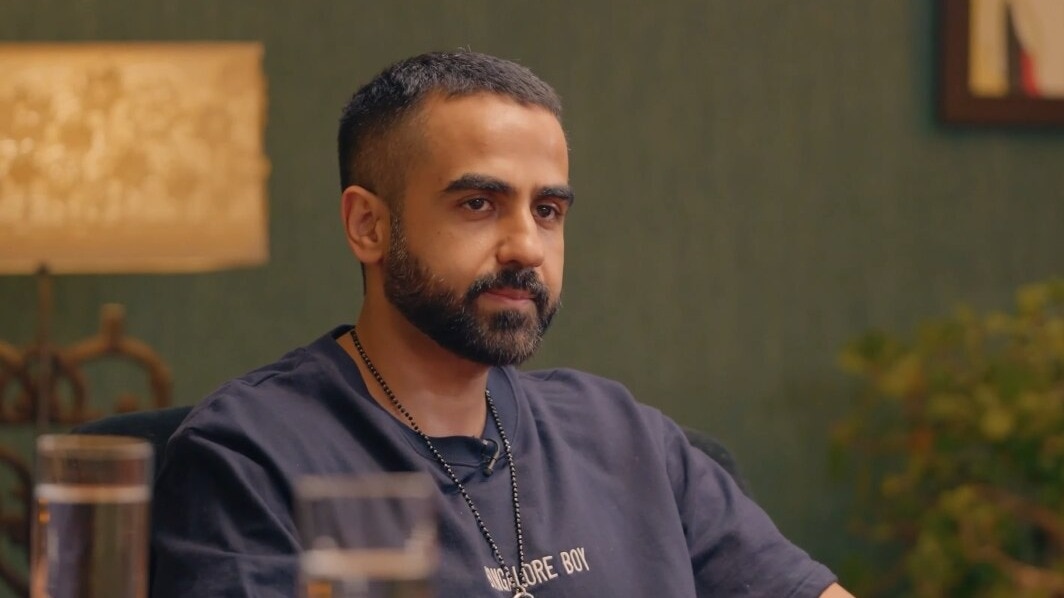A video featuring Zerodha co-founder Nikhil Kamath is going viral, where he is seen speaking in support of the controversial ‘inheritance tax’ which has been doing the rounds amid the ongoing elections.
“When wealth moves from one generation to the next, there should be a way to share a part of it. Inheritance tax has been used before and makes sense,” said Kamath in a video clip while talking with Mint.
In the video, Kamath highlighted examples from other countries like South Korea, the United States, and the United Kingdom, where similar taxes are in place, known as estate taxes.
He suggested that implementing inheritance tax in India could help broaden the taxpayer base, particularly as only about 3% of the population currently pays income tax.
Kamath further argued that imposing such a tax on the ‘extremely affluent’ could provide the government with resources to undertake necessary reforms. He viewed inheritance tax as a potential means to achieve this goal.
Although the concept of inheritance tax may seem novel, it’s not entirely new to India. Such a tax, referred to as estate duty or “death tax” in some countries, existed in India about four decades ago until it was abolished in 1985.
The estate tax, introduced in 1953 under the Estate Duty Act, aimed to reduce economic disparities by taxing the transfer of wealth between generations. It targeted the super-rich who passed on significant wealth to their heirs.
The inheritance tax came into the limelight and sparked debates after Sam Pitroda started a discussion on it.
He drew attention to the inheritance tax system in America, where, after death, 45% of wealth is transferred to children, while 55% goes to the government.
Pitroda highlighted the absence of such a provision in India, where heirs inherit the entire wealth, leaving nothing for the public.
He mentioned the importance of debating and discussing these matters, stating that wealth redistribution policies should prioritise the welfare of the people, not just the super-rich.




